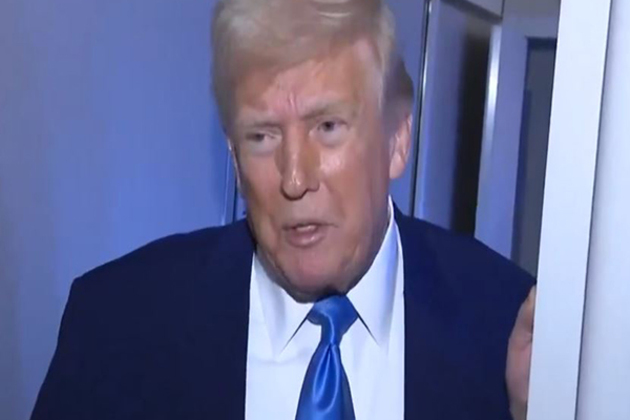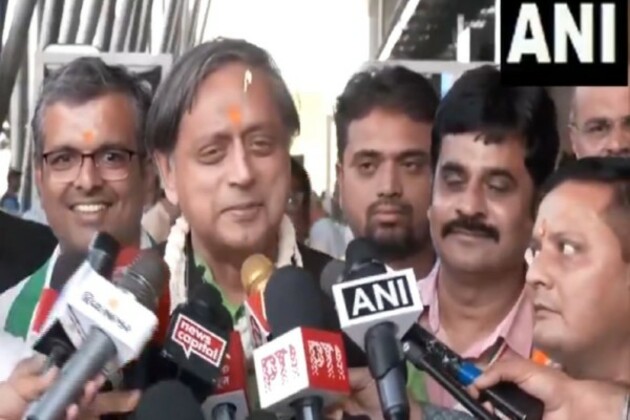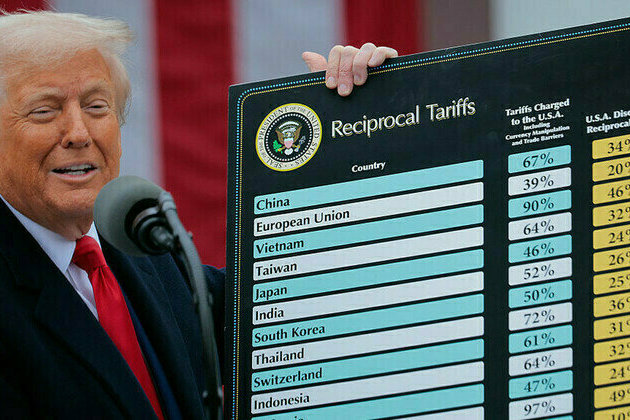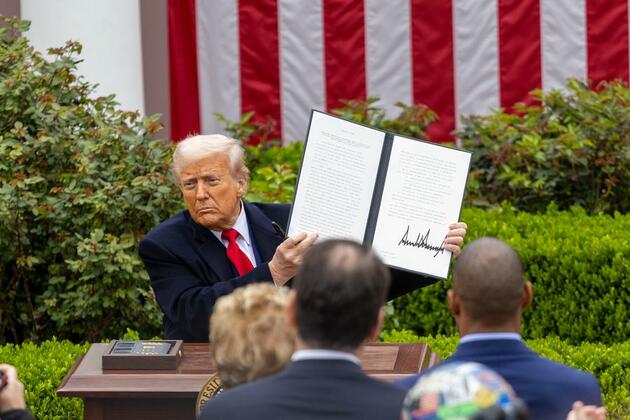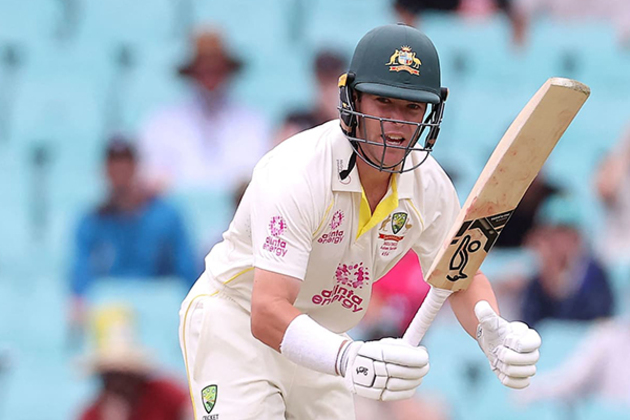Trump has Australia's generic medicines in his sights. And no-one's talking about it
The Conversation
07 Apr 2025, 20:10 GMT+10

While Australia was busy defending the Pharmaceutical Benefits Scheme against threats from the United States in recent weeks, another issue related to the supply and trade of medicines was flying under the radar.
Buried on page 19 of the Trump's administration's allegations of barriers to trade was a single paragraph related to Australia's access to generic medicines. These are cheaper alternatives to branded medicines that are no longer under patent.
The US is concerned about how much notice their drug companies have that Australia will introduce a generic version of their product. Once a single generic version of a medicine is listed on the PBS, the price drops. The US argues that lack of advance notice is a barrier to trade.
There is pressure for Australia to emulate aspects of the US system, where drug companies can delay generic copies of their medicines by 30 months.
If the US plays hardball on this issue, perhaps in return for other concessions, this could delay Australia's access to cheaper generic drugs.
It would also mean significant pressure on Australia's drug budget, as the government could be forced to pay for the more expensive branded versions to ensure supply.
Drug companies use patents to protect their intellectual property and prohibit other manufacturers from copying the drug. The standard patent term in Australia is 20 years, but the time a product is protected by patents can be extended in a number of ways. When patents expire, other companies are able to bring generic versions to market.
A generic manufacturer wanting to market its drug in Australia must apply to the Therapeutic Goods Administration (TGA) for regulatory approval. Before approval is granted, the generic company must provide a certificate to the TGA that states either:
a) that the product will not infringe a valid patent, or
b) that it has notified the patent-holder of its intention to market the product.
The certificate can be provided after the TGA has evaluated the generic - before it grants approval.
If the generic company chooses option "a", the manufacturer of the patented product may not find out the competing product is going to be launched until after the TGA has approved it.
The patent-holder can then apply for a court order to temporarily stop the generic from coming to market, while legal battles are fought over patent-related issues.
However, if the first generic has already launched and been added to the PBS, it triggers an automatic 25% price drop. This affects all versions of the drug, including the patented product.
In Australia, patented drug companies that try to delay generics by taking legal action without good reason can face penalties and be required to pay compensation.
Patented drug companies don't like this system. They want to know as early as possible that a generic is planning to launch so they can initiate legal action and prevent or delay generic entry and the associated price reductions.
Australia introduced its patent notification system at the request of the US, to comply with the Australia-US Free Trade Agreement (AUSFTA). The World Trade Organization doesn't require patent notification.
Australia's system is different to that of the United States. But it's consistent with the rules negotiated between the two countries.
US drug companies have long argued Australia's system is a barrier to trade. They want Australia to change it to be more like the US system.
The Trump Administration's 2025 report on foreign trade barriers states "US and Australian pharmaceutical companies have expressed concerns about delays" in the patent notification process.
The report also mentions US concerns about the potential for penalties and compensation when a patent owner takes legal action against a generic company.
This report reflects long-standing concerns of the US pharmaceutical industry. In March, its drug makers trade association wrote to the US trade representative complaining that "lack of adequate notification" is an unfair trade practice. It argued this creates uncertainty for patent-holders, prevents resolution of patent challenges before generics enter the market, and penalises patented-drug companies for trying to protect their rights.
Medicines Australia, which represents the Australian subsidiaries of many big patented drug makers, echoes these concerns.
The US patent notification system is much more favourable to the patented drug companies than Australia's.
In the US, the generic company must notify the patented drug company within 20 days of filing an application for approval.
Then, within 45 days of receiving the notification, the patent-holder can ask the regulator to impose a 30-month delay on approval for the generic.
This means there is an automatic 30-month delay on the launch of the generic, unless patents expire in the meantime or the court decides earlier that valid patents aren't being infringed.
Changing Australia's system to be more like the US would delay generics entering the market in Australia and keep the price of drugs higher for longer.
The quicker generics can be added to the PBS, the less the government pays. When the first generic is listed on the PBS, a 25% price cut is applied to all versions of the product, including the patented version.
Over time, as more generics get added, prices continue to fall. Having plenty of generic competition can eventually result in prices lower than the PBS co-payment, resulting in savings for consumers.
In the longer term, lost savings from timely listing of generics on the PBS would reduce value for money and add cost pressure.
In time, it could also delay savings for consumers from drugs priced below the PBS co-payment.
Both major parties are saying they won't use the PBS as a bargaining chip in negotiations with the US over tariffs. They also need to resist pressure to slow down access to generic drugs.
 Share
Share
 Tweet
Tweet
 Share
Share
 Flip
Flip
 Email
Email
Watch latest videos
Subscribe and Follow
Get a daily dose of Perth Herald news through our daily email, its complimentary and keeps you fully up to date with world and business news as well.
News RELEASES
Publish news of your business, community or sports group, personnel appointments, major event and more by submitting a news release to Perth Herald.
More InformationInternational Business
SectionUS stocks sink again as tariff war heats up
The slide on Wall Street has continued after the White House doubled down on tariffs against Beijing US stocks plunged sharply before...
Trump threatens additional 50 pc tariffs on China amid escalating trade tensions
Washington, DC [US], April 7 (ANI): US President Donald Trump on Sunday warned of new and significantly higher tariffs on Chinese goods...
Shashi Tharoor shares concerns over US tariffs ahead of Congress meet, says "Situation is negative"
Ahmedabad (Gujarat) [India], April 7 (ANI): Shashi Tharoor on Monday expressed concerns over the impact of US tariffs on India's economy...
Trump claims tariffs are working
The country is raking in billions from duties already in place, according to the US president Tariffs are yielding significant economic...
Xinhua Headlines: U.S. tariff hikes deepen strain on EU's sluggish economy
* Analysts warn that the sweeping U.S. tariffs and potential EU retaliation could trigger trade flow disruptions, stifle growth prospects,...
Trumps tariffs trigger crypto market sell-off
Bitcoin has plunged by 10%, while the broader market has recorded over $1.38 billion in liquidations The Bitcoin price has dropped...
Australia
SectionUAE defeat Australia in AFC U-17 Asian Cup in Saudi Arabia
AL TAIF, 7th April, 2025 (WAM)-- The UAE defeated Australia 2-0 today at King Fahd Sports City Stadium in Saudi Arabia, in the second...
Aussie batter sends WTC Final reminder with dream Lord's century
London [UK], April 7 (ANI): Australian left-hander Marcus Harris has given selectors something to think about ahead of the World Test...
Australia's innovative new policies are designed to cut smoking rates - here are 6 ideas NZ could borrow
At the start of this month, when denicotinisation would have been due to come into effect in Aotearoa New Zealand (had the government...
Trump has Australia's generic medicines in his sights. And no-one's talking about it
While Australia was busy defending the Pharmaceutical Benefits Scheme against threats from the United States in recent weeks, another...
3.5 million Australians experienced fraud last year. This could be avoided through 6 simple steps
About 14% of Australians experienced personal fraud last year. Of these, 2.1 million experienced credit card fraud, 675,300 were caught...
Donald Trump has gatecrashed the federal election. It's creating huge challenges for Australia's next government
Much of the world is finding out it's a very difficult time to be a friend and ally of the United States. That includes the major...


